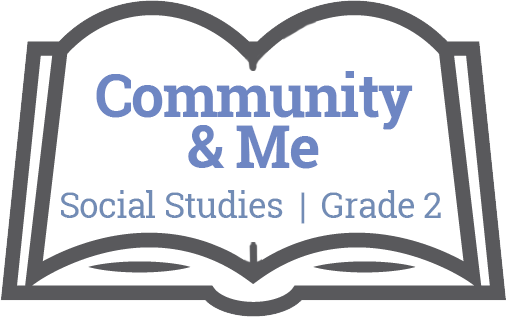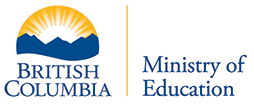
Unit Plan: The Community and Me
Social Studies / Grade 2

Big Ideas
Local actions have global consequences, and global actions have local consequences.
Concepts:
- Global
- Local
- Consequences
- Actions
Essential Questions
Students will keep considering…
- Why take action?
Evaluative Criteria
Student is participating in classroom discussion.
Student is able to identify various communities he or she belongs to.
Student is able to justify/support why certain changes should be undertaken.
Student is able to monitor his or her own actions to create a change.
Optional Extension
Students will share this plan with the school’s administration or other classes within the school in order to continue growing the effects of the change.
Optional extension
Students will create and implement their own plan for action themselves. They will document their actions and demonstrate the effects of their actions to their classmates.
Monitoring Progress
Students will fill out a journal with their personal actions within the communal project.
Resources
Reflection
How will teachers and their students reflect on and evaluate the completed project?
Constant feedback from students and dialogue after each activity outlined in the Learning Events will help to direct and adapt what is explored in the next activity. Self, peer and teacher evaluation of the Performance Task and its alignment with the essential questions.
Teacher:
Next time I teach this unit I would…
Allow students to select the short stories that link to Identity.
Student:
My students needed:
Process:
Product:
Content:
Potential Student Misunderstanding:
Downloads
Stage 1 – Desired Results
Big Ideas
Local actions have global consequences, and global actions have local consequences.
Concepts:
- Global
- Local
- Consequences
- Actions
Transfer Goals
Students will be able to independently use their learning to…
- Make a difference in the world.
Meaning
Students will understand that…
- All action, no matter how big or small, has the potential to create a change.
Students will keep considering…
- Why take action?
Acquisition
Students will be skilled at…
- Sequence objects, images, and events, and explain why some aspects change and others stay the same.
- Recognize the causes and consequences of events, decisions, and developments.
Students will know that…
- Diverse characteristics of communities and cultures in Canada and around the world, including at least one Canadian First Peoples community and culture.
- Relationships between people and the environment in different communities, as well as their own community.
Which Core Competencies will be integrated into the unit?
Communication: collaborate to plan, carry out, and review constructions and activities; and explain/recount and reflect on experiences and accomplishments
Critical and Creative Thinking: generating ideas, question and investigate, develop and design
Personal and Social: personal values and choices, self-determination, self-regulation, contributing to community and caring for the environment
First People's Principles of Learning
The unit will make connections with:
Learning involves recognizing the consequences of one’s actions

The following resources are made available through the British Columbia Ministry of Education. For more information, please visit BC’s New Curriculum.
Big Ideas
The Big Ideas consist of generalizations and principles and the key concepts important in an area of learning. The Big Ideas represent what students will understand at the completion of the curriculum for their grade. They are intended to endure beyond a single grade and contribute to future understanding.
Core Competencies
 Communications Competency
Communications Competency
The set of abilities that students use to impart and exchange information, experiences and ideas, to explore the world around them, and to understand and effectively engage in the use of digital media
 Thinking Competency
Thinking Competency
The knowledge, skills and processes we associate with intellectual development
 Social Competency
Social Competency
The set of abilities that relate to students’ identity in the world, both as individuals and as members of their community and society
Curricular Competencies & Content
Curricular Competencies are the skills, strategies, and processes that students develop over time. They reflect the “Do” in the Know-Do-Understand model of curriculum. The Curricular Competencies are built on the thinking, communicating, and personal and social competencies relevant to disciplines that make up an area of learning.
Additional Resources
First People's Principles of Learning
To read more about First People’s Principles of Learning, please click here.
For classroom resources, please visit the First Nations Education Steering Committee.
